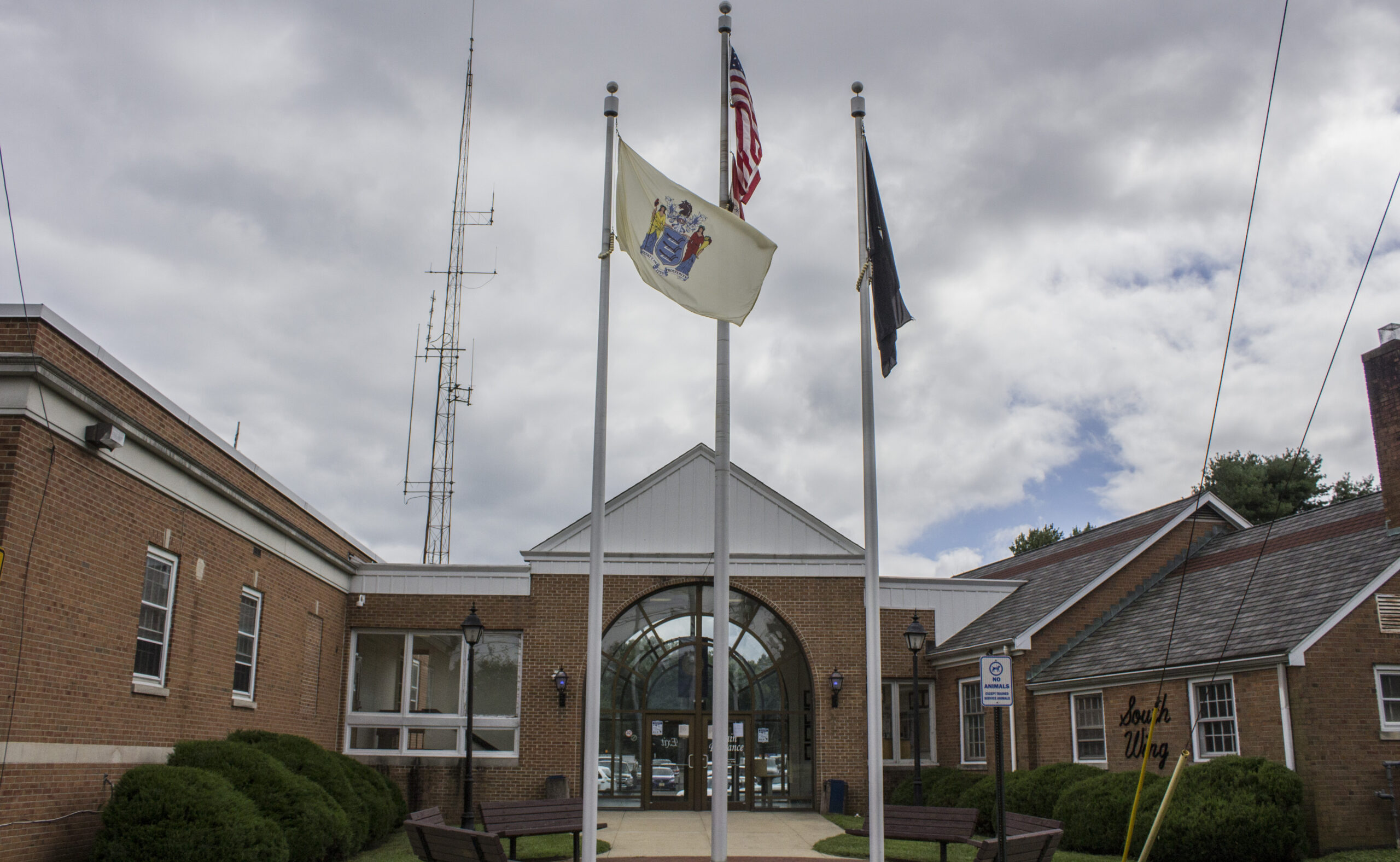Bordentown Township municipal officials passed an ordinance to consolidate the powers of the planning board and zoning board of adjustment.
The Bordentown Township Committee passed an ordinance at a Jan. 27 meeting to grant the township planning board the same extent and subject to the same restrictions of the zoning board of adjustment.
Township officials announced that the reason for the decision came after discussions about a high rate of zoning board meeting cancellations in recent years as well as an aim to “reduce tax burdens” on residents by eliminating the dual expenses of having two boards.
Bordentown Township Mayor Stephen Benowitz said that given the zoning board’s high amount of cancellations since 2014 compared to a relatively low number of applications that came before the board, the municipality felt this was a reasonable decision.
“We have been looking at this for a while and the number of applications the zoning board has had in the last six years. They have had 31 meetings cancelled, and they have held 44 meetings,” Benowitz said. “The only drawback I see to this is that there may be some additional meetings.”
Although municipal officials said they anticipate an increase in applications and meetings for the planning board members such as additional hearings at meetings that may have previously come before the zoning board, the township administrator, Michael Theokas, explained that the decision came after much consideration.
“There was a lot of discussion about it, and the fact that the zoning board of adjustment does not get a lot of applications every year, there were discussions to give the planning board additional authority,” Theokas said.
According to municipal land use law, municipalities with a population of 15,000 or less have the jurisdiction by ordinance to consolidate the powers of the planning and zoning boards. The population of Bordentown Township is approximately 12,000.
The ordinance reads that the planning board will consist of nine regular and four alternate members. As part of the ordinance passed by the township committee, the decision to consolidate zoning matters into one body allows the planning board to exercise the powers of the zoning board, but any Class I and Class III member of the board is denied participation in the consideration of any applications for development which involve relief pursuant to matters such as hearing and deciding appeals or requests for interpretation of the zoning map or ordinance.
Officials said that as of March 1, the zoning board is abolished except that any applications then pending before the board will continue to be heard in accordance with the law.
Benowitz said that in addition to consolidation of power to the planning board, the committee’s approval of the ordinance was consistent with other municipalities who faced a similar situation.
“This ordinance formally dissolves the zoning board of adjustment and gives authority of zoning matters to the planning board,” Benowitz said. “Many towns have gone into one board. We have come into the 21st century, so we are moving to one board.”

